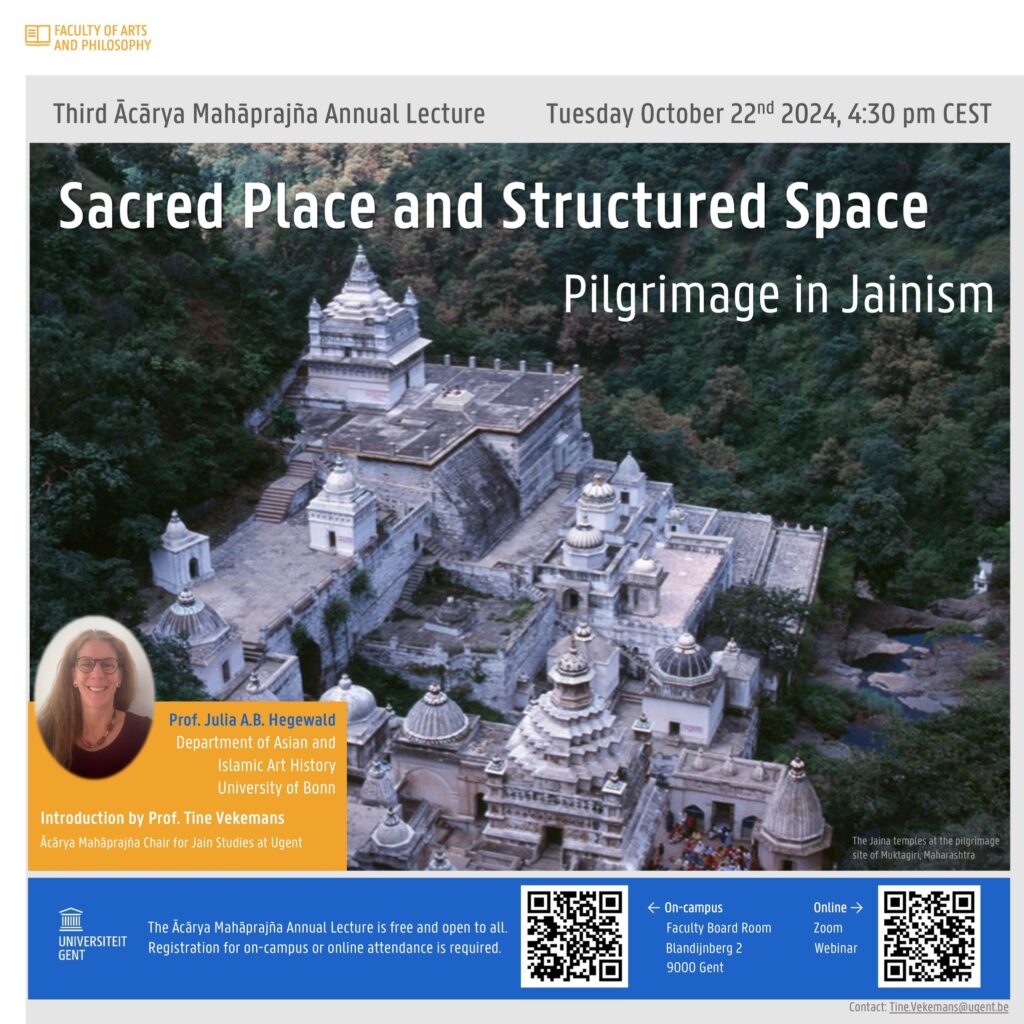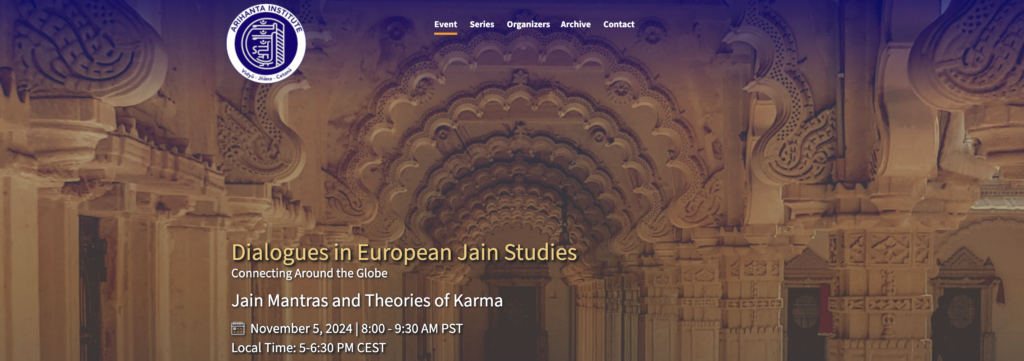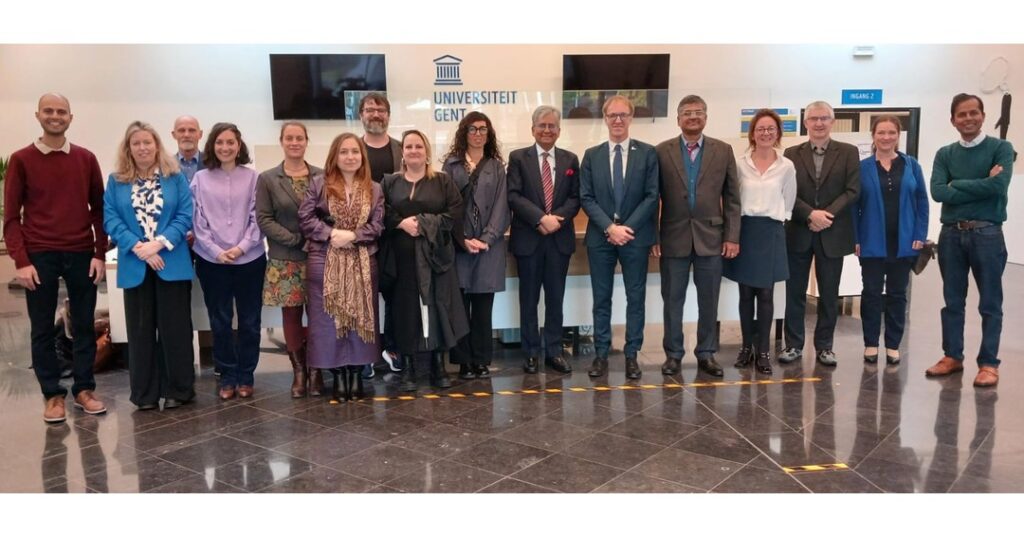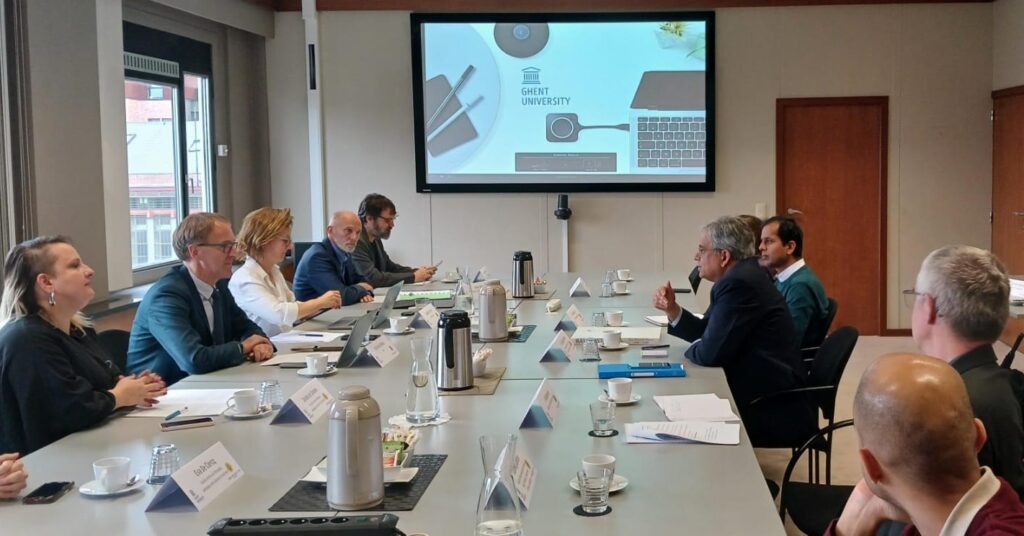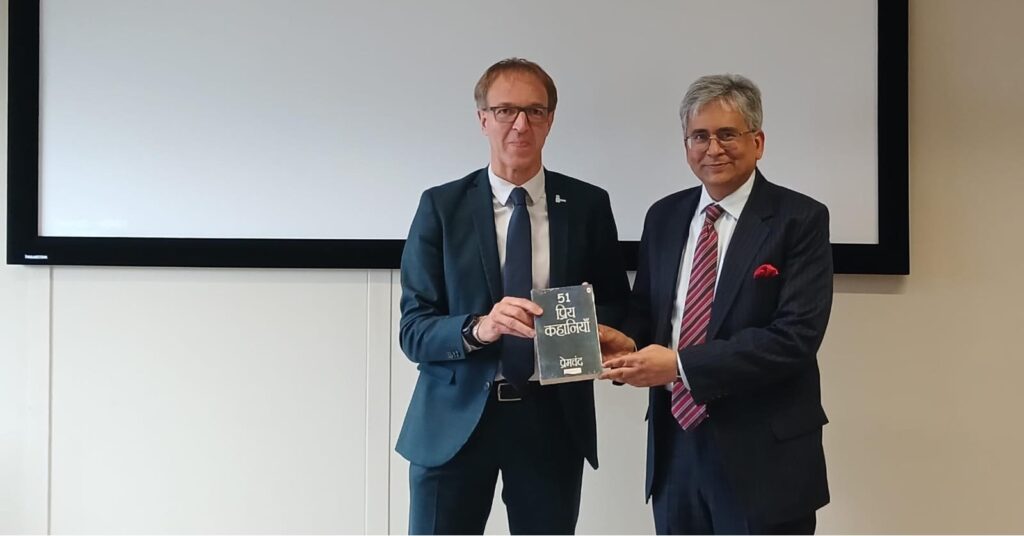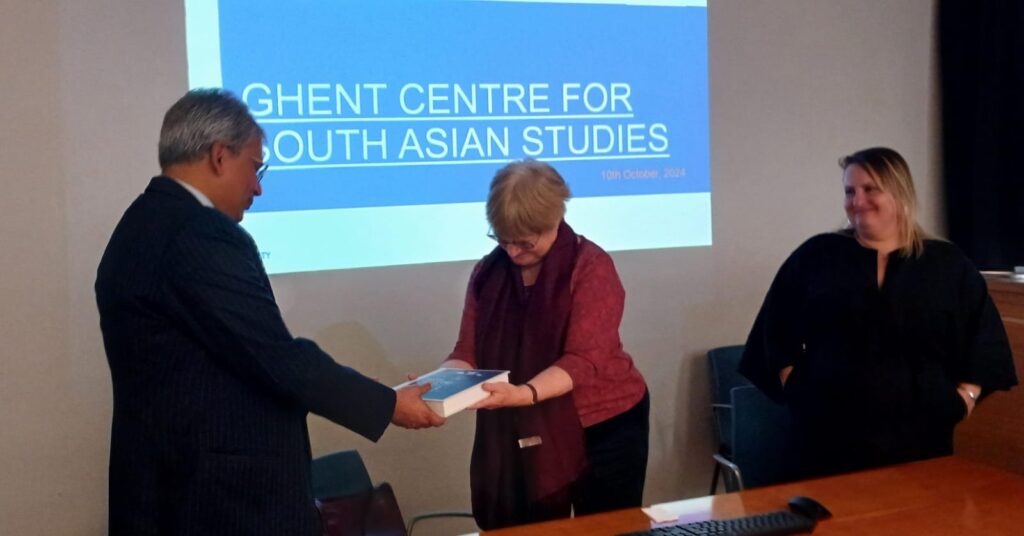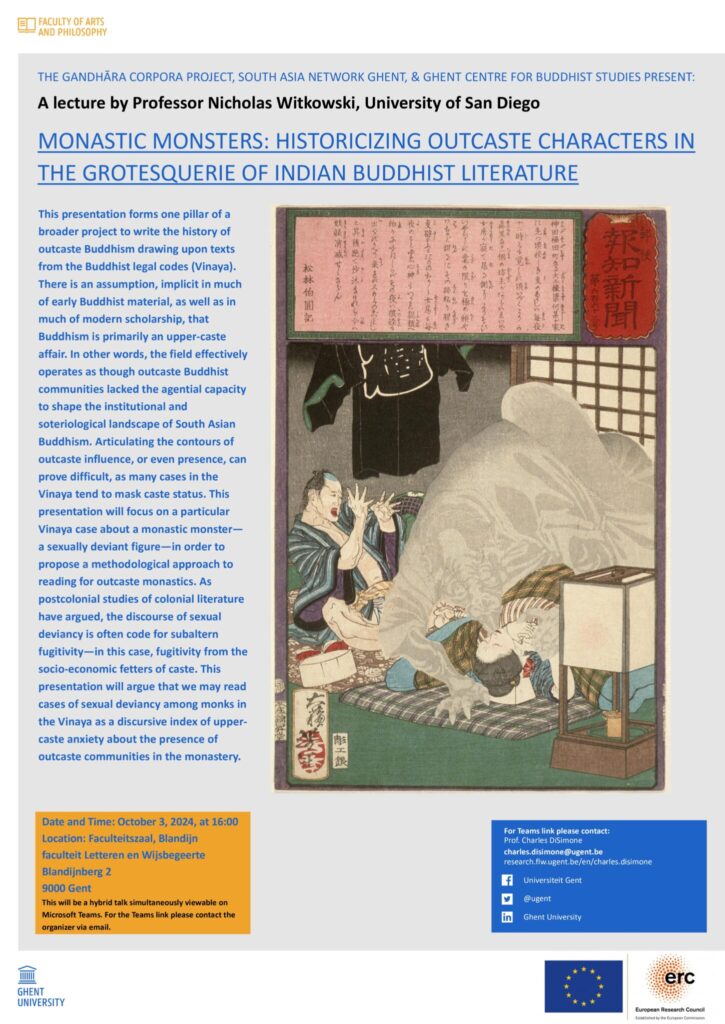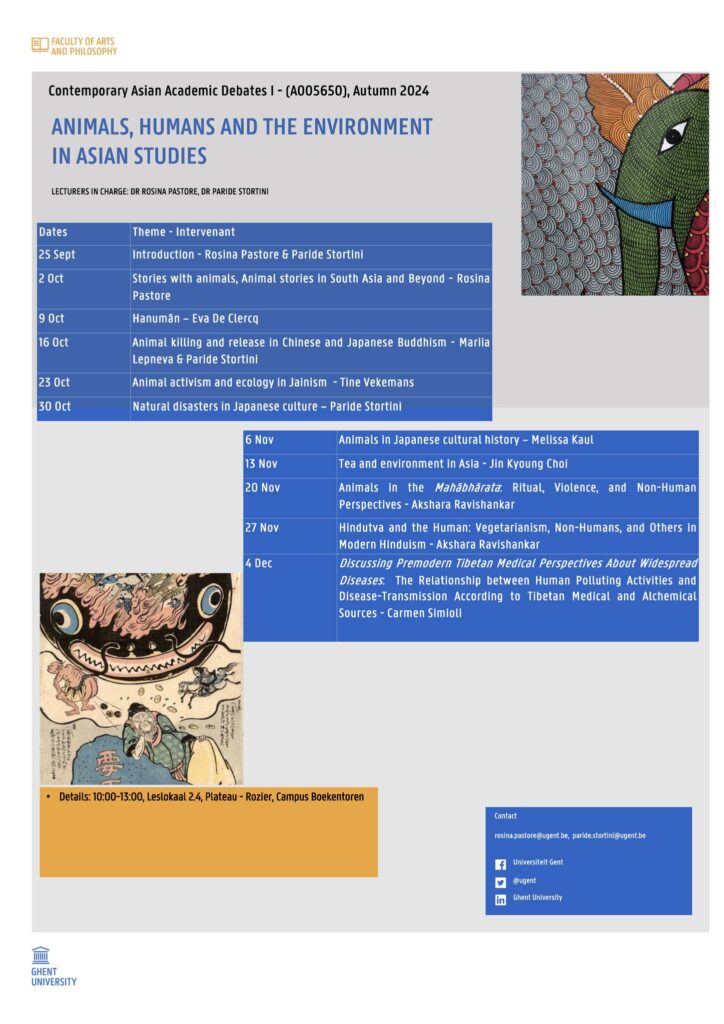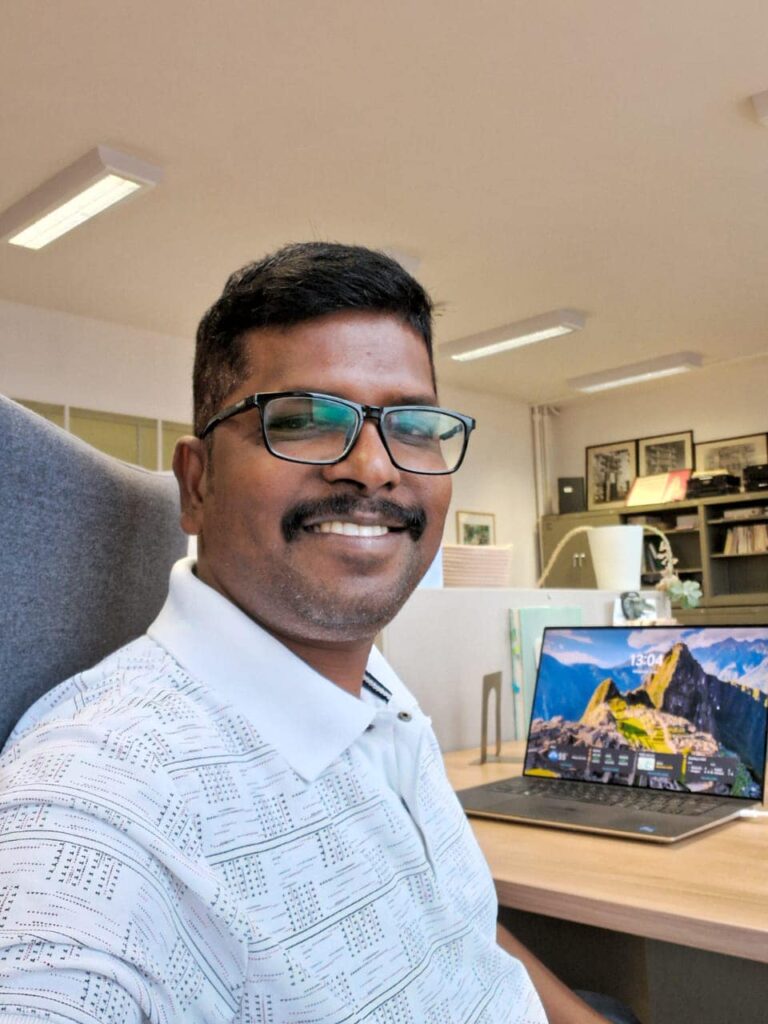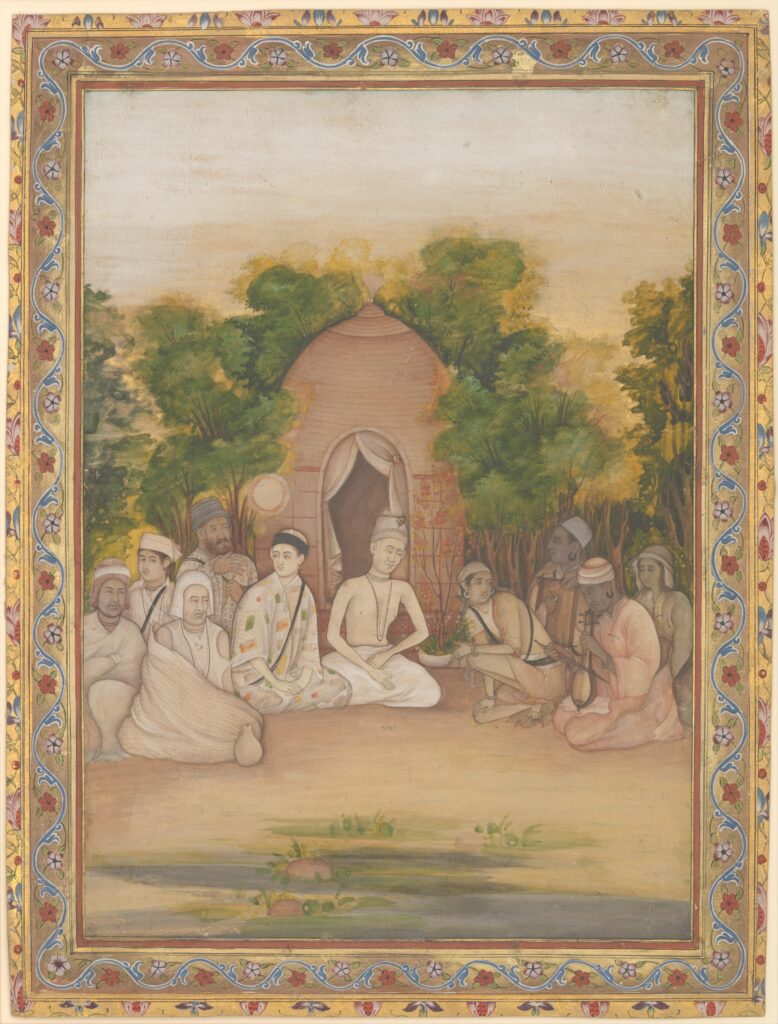The Ghent Centre for South Asian Studies (GCSAS) and the Center for Research on Culture and Gender (CRCG) are pleased to host Prof. Anandita Pan from IIT Hyderabad, India, for the upcoming seminar titled “Justice for Whom? Gender, Caste, and Intersectionality”.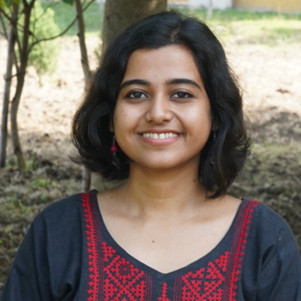
The seminar
The topic of gender justice must begin with the inevitable question: what gender is justice? Linda R. Hirshman asks, “Is the law male?” Hirshman’s question points out how the “maleness” of the legal system affects every woman.
Prof. Pan’s lecture will focus on gender justice through the lens of intersectionality to emphasize the necessity of recognizing the interconnectedness as well as differences among categories. Intersectionality challenges traditional notions of justice that treat social categories as separate or distinct.
Instead, it calls for an approach to justice that acknowledges how various systems of oppression (e.g., sexism, casteism, classism) intersect and compound one another. Achieving gender justice, therefore, requires addressing these interconnected forms of oppression holistically.
About the speaker
Anandita Pan is Assistant Professor in the Department of Liberal Arts, IIT Hyderabad. Her areas of interest are Feminist theory, Gender Studies, and Dalit Feminism. She is the author of Mapping Dalit Feminism: Towards An Intersectional Standpoint (Sage-Stree, 2020) and Aesthetics in India: Transitions and Transformations (Orient Blackswan, 2023). She is the recipient of the President’s Award for Best paper at the IAWS conference, 2020.
Whereabouts
- Date and time: 9 December 2024, 12h00 – 13h30 CET
- Address: Ghent University – Campus Tweekerken, Room 1.10, Sint-Pietersplein 7 – 9000 Ghent
- Online: Click here to register and join on Microsoft Teams
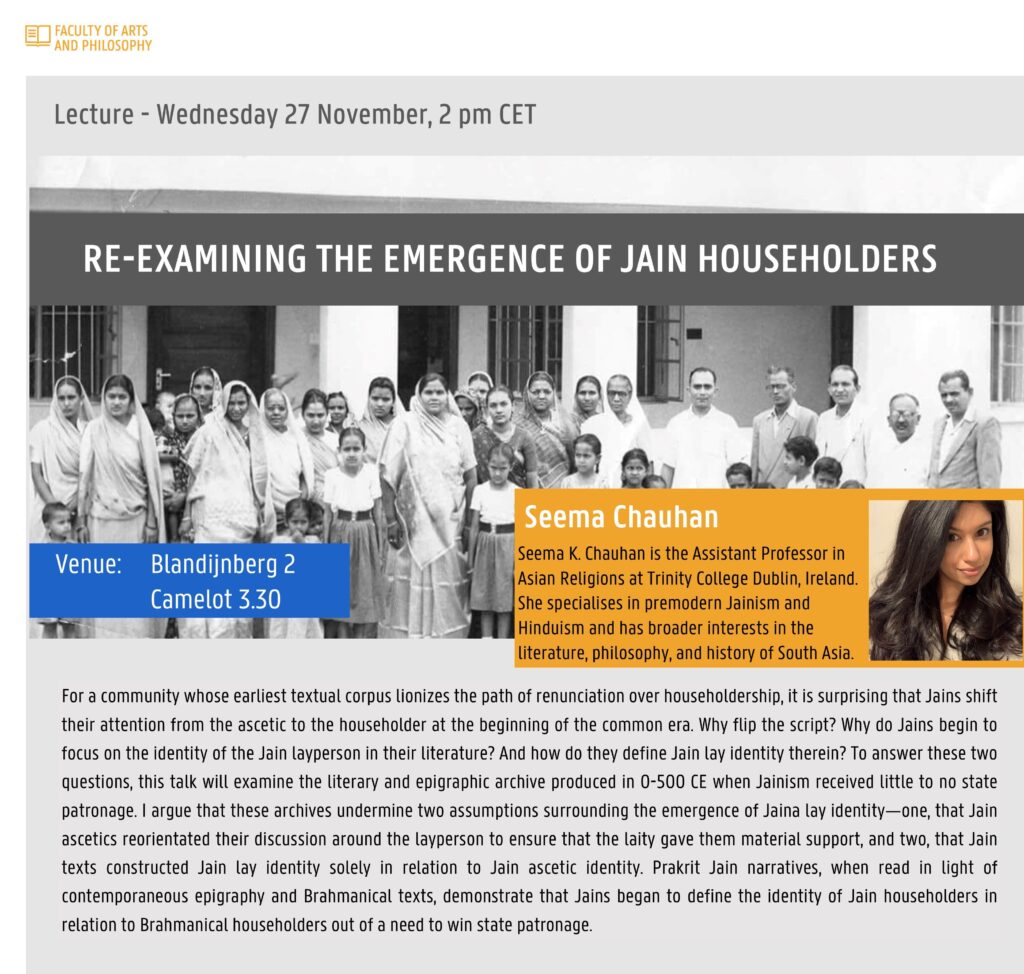
 th October 2024 Prof. Eva De Clercq was honoured with the prestigious Lifetime Achievement Award 2024. The award was presented by the Indian Ambassador to Belgium, Mr Saurabh Kumar, in recognition of her extraordinary contributions to strengthening academic ties between Indian and Belgian institutions in the field of
th October 2024 Prof. Eva De Clercq was honoured with the prestigious Lifetime Achievement Award 2024. The award was presented by the Indian Ambassador to Belgium, Mr Saurabh Kumar, in recognition of her extraordinary contributions to strengthening academic ties between Indian and Belgian institutions in the field of 